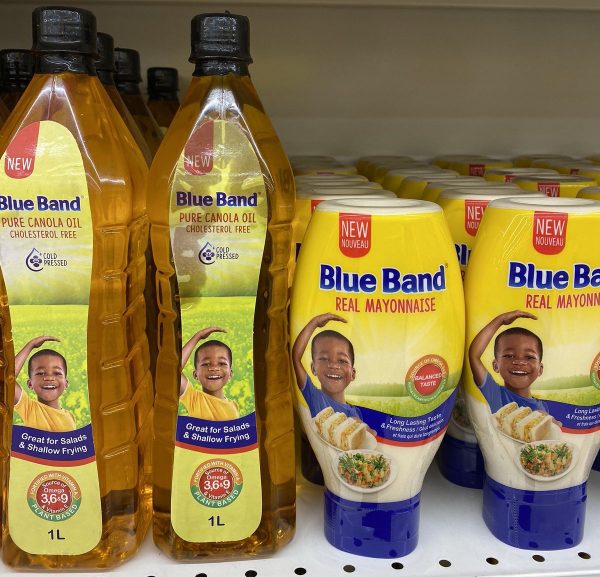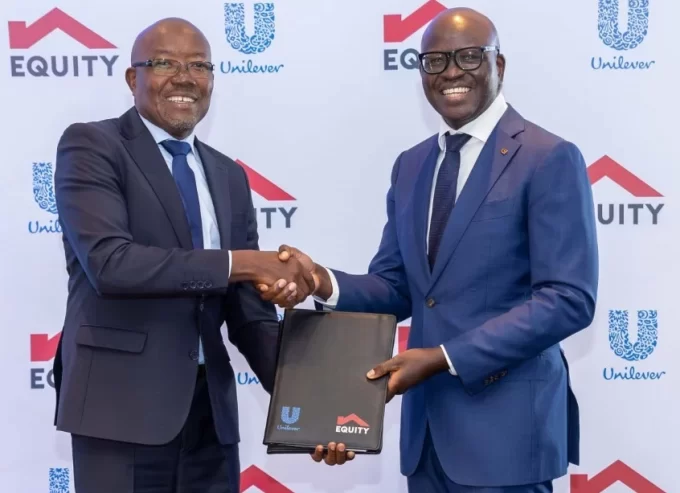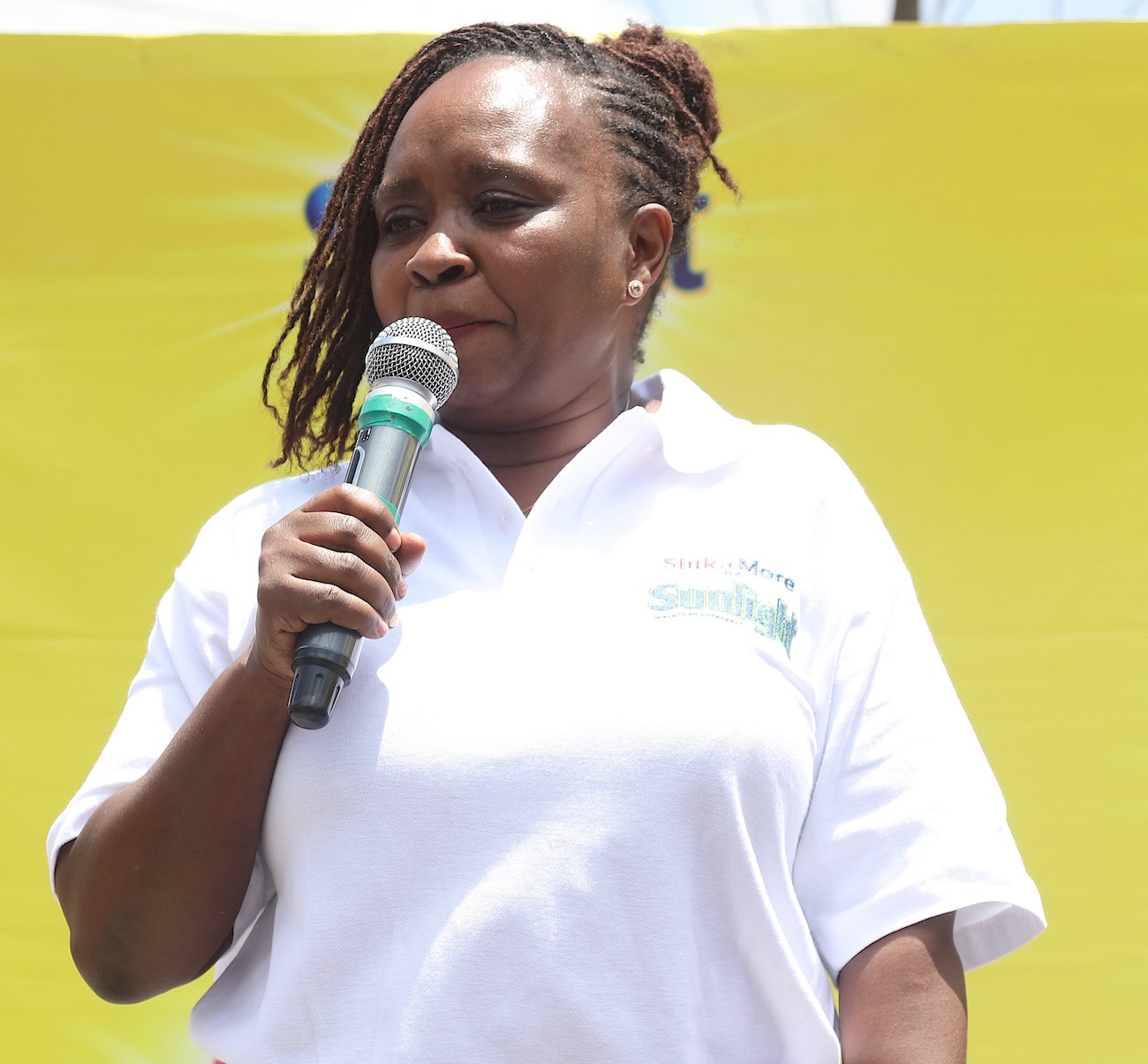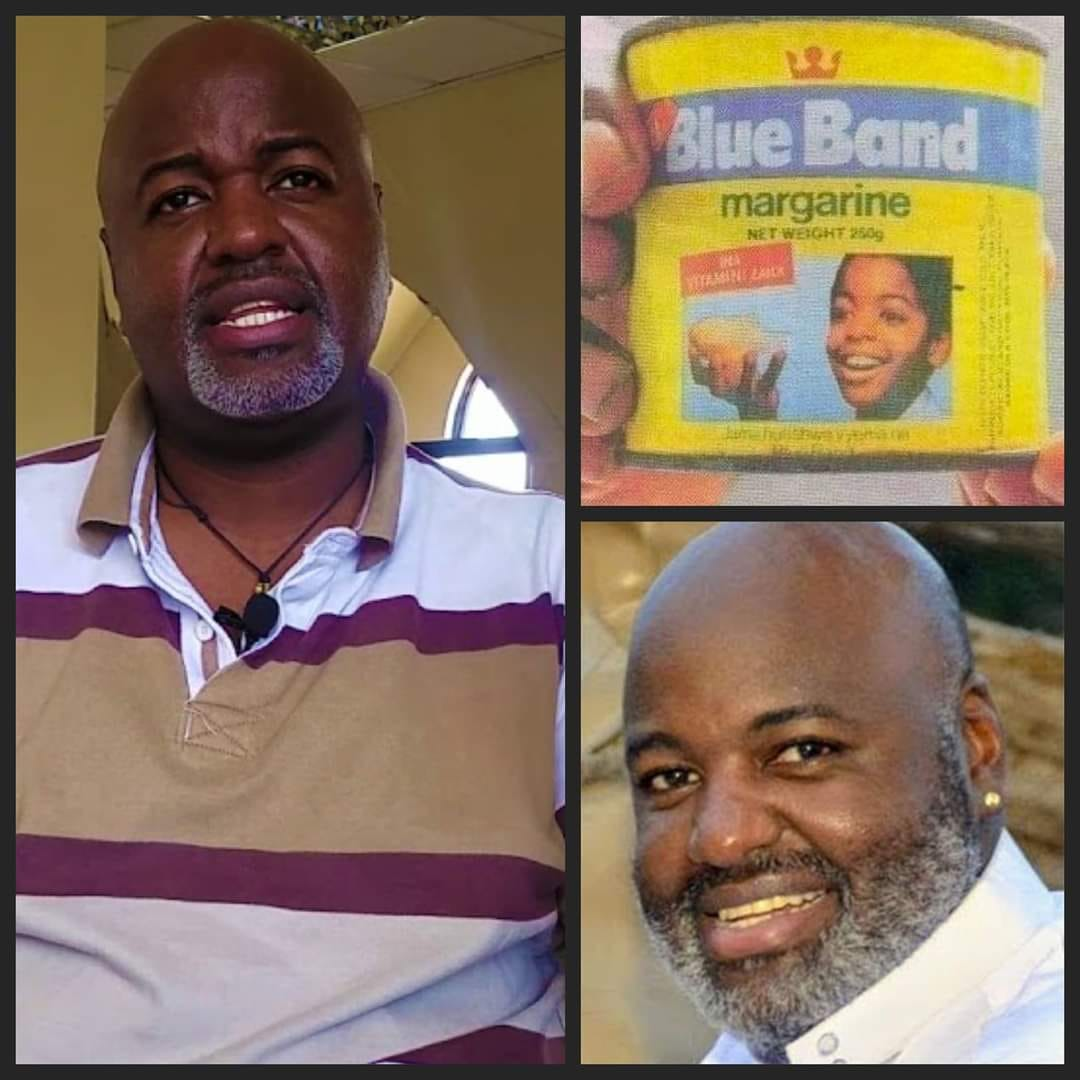Blue Band is an iconic brand that has, over the years, become engrained in the lives of Kenyans from all walks of life – with its margarine having long been a breakfast staple at many homes. In fact, so recognizable is Blue Band in the country that among the most searched questions relating to it on Google is “Is Blue Band Kenyan?” – It’s as ubiquitous as M-Pesa or Tusker.
Blue Band was first launched as a brand in England in 1916, by a company owned by the Van Den Berg family from the Netherlands. The Van Den Bergs had dominated the margarine trade across Europe since the late 19th century, with the development of hydrogenation which made it easier to harden vegetable oils and animal fat among other raw materials a turning point for their business.
The Van Den Bergs, who also were producing soaps and detergents among other products, in November 1927 merged with their biggest rivals – the Jurgens family, creating a new organization with two holding companies, a Dutch company called Margarine Unie NV, and an English company called the Margarine Union Ltd, for taxation and administrative purposes. They brought on board other players including Calve-Delft who was involved in oil milling, margarine and soap.
They eventually settled on a new arrangement where two holding companies were established, known as Unilever Limited and Unilever N.V. Unilever, the organization that owned the Blue Band brand for many of the years Kenyans interacted with it, was created on January 1, 1930.
Acquisition by KKR
But the brand has since changed hands, and the current owner’s expansion of the Blue Band brand to include everything from instant porridge to peanut butter has been the talk of the town, with confused Kenyans snapping photos of various Blue Band products on supermarket shelves and posting them online with bewildered captions.
Upfields BV, a company spun off by Unilever to house its margarine and food spread brands including Flora and Blue Band – was sold to U.S Private Equity (PE) firm KKR in December 2017 for $8 billion (Ksh860 billion). Unilever stated that it would focus on faster-growing products in its portfolio.
Why are they making everything now?
Upfields was attractive to investors primarily thanks to it’s ownership of well-known, market leading food spread brands consumed by millions around the world. The unit was profitable, but, interestingly, data showed that bread consumption (where Blue Band and food spreads shine) was on the decline in key markets globally.
This little detail offers the answer to many of Kenyans’ questions as to why Blue Band is suddenly making several other things. One joke went that by 2027, we’ll have Blue Band phones.
![Upfield Head of Communication for Africa, Ms Oyebanjo Omutola, KEBS Quality Manager Lisa Okoth and Upfield Innovations Marketing Manager for East and Southern Africa, Linda Capwell during the launch of new Blue Band products at Serena Hotel, Nairobi in February 2020. [Photo/Ogilvy]](https://businesstoday.co.ke/wp-content/uploads/2021/05/n.jpg)
READ>>>>>Blue Band Family Grows as Three New Brands are Born
From 2020, Upfields began progressively introducing new product lines under the Blue Band banner including Blue Band Cold Pressed Canola Oil, Blue Band Real Mayonnaise, Blue Band Peanut Butter and Blue Band Instant Porridge.
The firm has in the past noted that the expanded product line offers more opportunities to local farmers and suppliers. When it introduced Blue Band Cold Pressed Canola Oil in the Kenyan market in February 2020, for instance, Upfields disclosed that it was working with 3,400 accredited small scale farmers in the Mt. Kenya Region and planned on increasing the number to 7,000.







![President William Ruto during the launch of Climate WorX in Nairobi. [Photo/PCS]](https://businesstoday.co.ke/wp-content/uploads/2024/10/President-William-Ruto-during-the-launch-of-Climate-WorX-in-Nairobi-1-e1727761613802.png)





Leave a comment